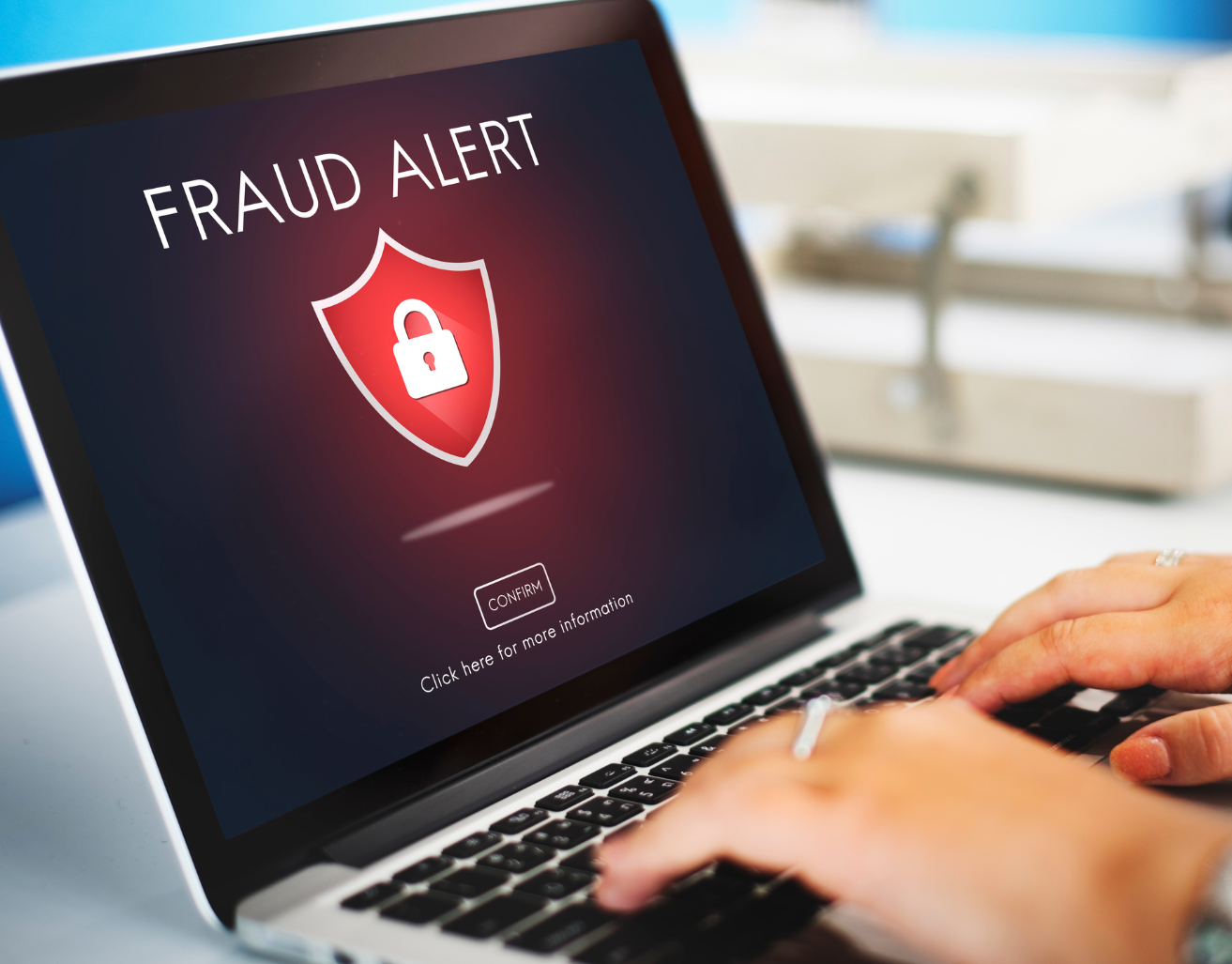One Phish, One Click, One Breach: How Overlooking Email Security and Dark Web Threats Makes Your Team an Asset to Cybercriminals
 Donald Betancourt
Donald Betancourt
Let’s be honest—hackers aren’t breaking into systems like in Hollywood movies. They don’t need to. Most attacks happen with a single email, a careless click, or stolen credentials bought from the dark web. That’s all it takes.
For businesses, cybersecurity isn’t just an “IT issue” anymore—it’s a business survival issue. If you still believe, “We’re too small to be a target,” you’ve just made yourself an easier one.
So, what’s the best defense? Companies serious about protecting their data, finances, and reputation focus on three key areas:
✔ Email Security – Because hackers know email is the easiest entry point.
✔ Employee Cyber Awareness – Because human error remains the biggest security risk.
✔ Dark Web Monitoring – Because stolen company credentials don’t just disappear.
Let’s break it down.
Email: The Biggest Security Weakness in Your Business (And You Probably Know It)
Your team checks their email daily—so do hackers. In fact, 90% of cyberattacks begin with an email. But these aren’t just generic spam messages anymore. Attackers research their victims, replicate real email templates, and use AI-powered scams to create highly convincing attacks.
What Could Be Hiding in Your Inbox Right Now?
🚨 Phishing Emails That Look Authentic – Emails that appear to come from your CEO, bank, or a trusted vendor, urging you to click a link or make a payment.
🚨 Business Email Compromise (BEC) – Attackers hijack or impersonate an executive’s email to send fraudulent payment requests.
🚨 Ransomware Hidden in Attachments – A seemingly harmless invoice or PDF could lock down your entire system in seconds.
🚨 Spoofing & Impersonation Attacks – Hackers forge your company’s domain to send legitimate-looking emails to customers and partners.
How to Prevent Email Attacks from Destroying Your Business
✅ AI-Powered Email Security – Standard spam filters aren’t enough. Advanced security tools can detect sophisticated threats.
✅ Multi-Factor Authentication (MFA) – If an attacker steals an employee’s password, MFA blocks unauthorized access.
✅ Security Awareness Training – Employees need to be able to spot and report suspicious emails.
✅ DMARC, SPF & DKIM Authentication – These prevent cybercriminals from spoofing your company’s domain for phishing scams.
Ignoring email security is like leaving your business’s front door wide open for hackers.
Your Greatest Cybersecurity Risk? Your Own Employees.
No offense, but employees are often the weakest link in cybersecurity. It’s not their fault—most aren’t trained to recognize cyber threats. That’s why hackers target people, not firewalls.
Why Employee Cyber Awareness is More Critical Than Any Security Software
🔹 85% of data breaches occur due to human error.
🔹 1 in 3 employees will still click on a phishing email, despite security warnings.
🔹 Weak and reused passwords make it easy for hackers to gain access to business systems.
A hacker doesn’t need to “hack” anything if an employee unknowingly hands over their login details.
What Employees Must Be Trained On
🔹 Phishing & Email Scams – If it’s an “urgent request from the CEO,” it’s probably fake.
🔹 Strong Password Practices – No more “password123” or “Company2024!” Use password managers and MFA.
🔹 Social Engineering Tactics – Cybercriminals don’t just use emails. Sometimes, they call and trick employees into granting access.
🔹 Dark Web Risks – Employees must understand that leaked passwords don’t vanish—they get sold to criminals.
A strong security training program turns employees into your first line of defense, not your weakest link.
🛑 Test your team with simulated phishing attacks. See who falls for it—and train them better.
The Dark Web Knows More About Your Business Than You Do
Ever wonder where stolen passwords and hacked company data go? They don’t just disappear. Instead, they end up on the dark web, where hackers buy, sell, and trade stolen credentials.
Most companies have no clue when their employees’ usernames, passwords, and sensitive information have been exposed. That’s a major risk.
Why You Need Dark Web Monitoring
💀 Over 24 billion stolen credentials are circulating on dark web marketplaces.
💀 Your employees’ work passwords may already be compromised (especially if they reuse them).
💀 Hackers use stolen login details to carry out phishing scams, fraud, and ransomware attacks.
How to Protect Your Business from the Dark Web
🔍 Use Dark Web Monitoring Tools – These scan underground forums for leaked company credentials.
🔍 Enforce Frequent Password Updates – If an employee’s credentials are exposed, force an immediate password reset.
🔍 Enable Multi-Factor Authentication (MFA) – Even if hackers steal a password, MFA prevents unauthorized access.
🔍 Monitor Third-Party Vendor Breaches – If a company you work with gets hacked, your data could be at risk too.
Bottom line? Hackers are already eyeing your company’s stolen data. The only question is: Will you know about it before they exploit it?
Final Thoughts: Hope Isn’t a Security Strategy
Cyberattacks are avoidable—but only if businesses take cybersecurity seriously. That means:
🔹 Stop assuming email is safe. It’s not. Secure it.
🔹 Train your employees. They can be your strongest asset—or your biggest liability.
🔹 Monitor the dark web. If your credentials are already exposed, you need to act fast.
Forward-thinking companies aren’t waiting for a cyberattack—they’re proactively strengthening their defenses. Smart businesses are already investing in email security, cybersecurity training, and dark web monitoring to stay ahead of cybercriminals.
If you’re wondering how leading businesses are protecting themselves, resources like AI Cyber Experts provide real-world security strategies, industry best practices, and tools to help companies fight back.
Because in today’s digital world, cybersecurity isn’t optional—it’s a necessity. 🚀
Subscribe to my newsletter
Read articles from Donald Betancourt directly inside your inbox. Subscribe to the newsletter, and don't miss out.
Written by

Donald Betancourt
Donald Betancourt
"I'm Donald Betancourt , a tech writer and enthusiast sharing insights on cybersecurity, digital innovation, and tech tips for navigating the digital world."